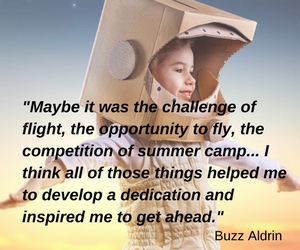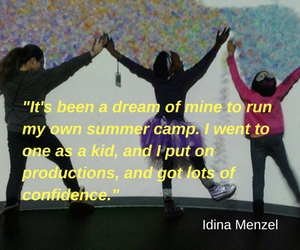NAGC works to support those who enhance the growth and development of gifted and talented children through education, advocacy, community building, and research

NAGC works to support those who enhance the growth and development of gifted and talented children through education, advocacy, community building, and research
 The February 2020 issue of Teaching for High Potential is available now for members
The February 2020 issue of Teaching for High Potential is available now for members
This month's subjects include: Praise & Encouragement, Number Talks, EdTech Science Trends, and more.
 Attend the Leadership & Advocacy Conference, March 17-18, 2020 in Alexandria VA to sharpen your advocacy and policy skills, visit your Congressional Representative and Senators, and learn how Federal policies are impacting gifted education.
Attend the Leadership & Advocacy Conference, March 17-18, 2020 in Alexandria VA to sharpen your advocacy and policy skills, visit your Congressional Representative and Senators, and learn how Federal policies are impacting gifted education.

We all worry about what to do with our children over the summer. For parents of gifted children, this decision might be especially fraught. Summer may be the only opportunity for your child to pursue a special interest or work at an advanced level.
The ideal summer program can enhance your child’s view of his ability to learn or perform, help build a deeper understanding of a subject, advance a skill beyond what is possible after school or on weekends, and provide a space to learn social skills and make friends with children with similar interests. It was found that two weeks in a residential program or three weeks in a daily camp can increase a gifted child’s social ability and emotional health.
As Barbara Swicord, CEO of the National Society for the Gifted and Talented and president of the Summer Institute for the Gifted said, “The possibilities of summer learning — they are limitless — as students are not restricted by core curriculum, time-specific schedules or pre-selected products.”
But how do you know what is best for your child? NAGC offers several considerations when selecting a summer activity. For instance, is the program flexible enough to meet your child where she is, but able to go as far as your child wants in her exploration? Is the staff trained in the area in which your child is interested? Talk with your child about how comfortable he would at a residential camp or how much structure he wants in his day. Does the competitiveness of the camp match your child’s desire for competition?

If your child is in an academically challenging school, how much of doing nothing should she then be allowed during her months off from school? Research shows there is learning loss during the summer if a child does not participate in some sort of learning activity, but that does not mean the activity has to be school-like. A variety of activities – museum, games, and trips – can provide an academic connection and plenty of fun.
From artists to astronauts, summer camp has inspired many. But let’s not forget, either, the value of hours of reading, staring at the clouds, and aimless play.

National Association for Gifted Children
1331 H Street NW, Suite 1001, Washington, DC 20005

